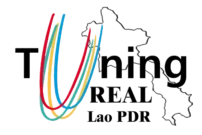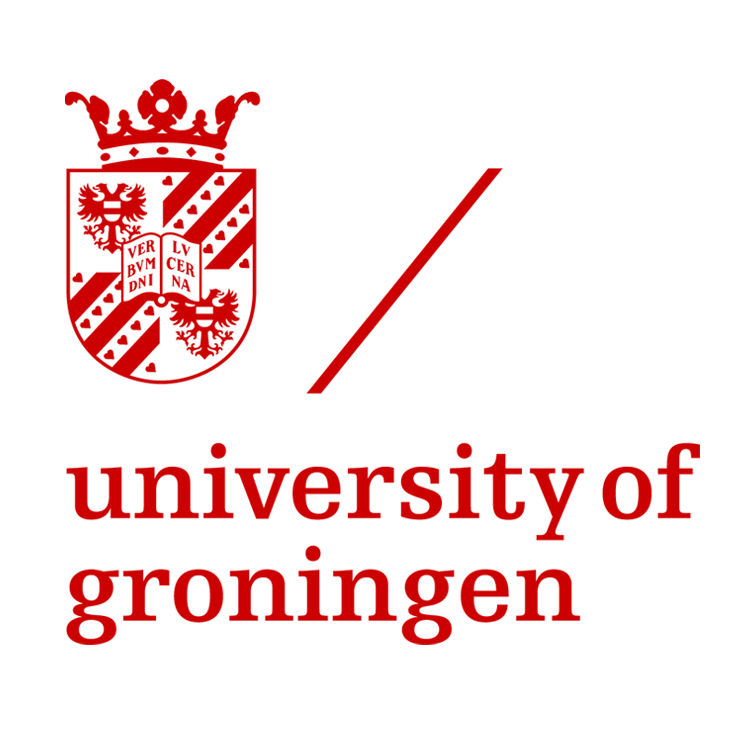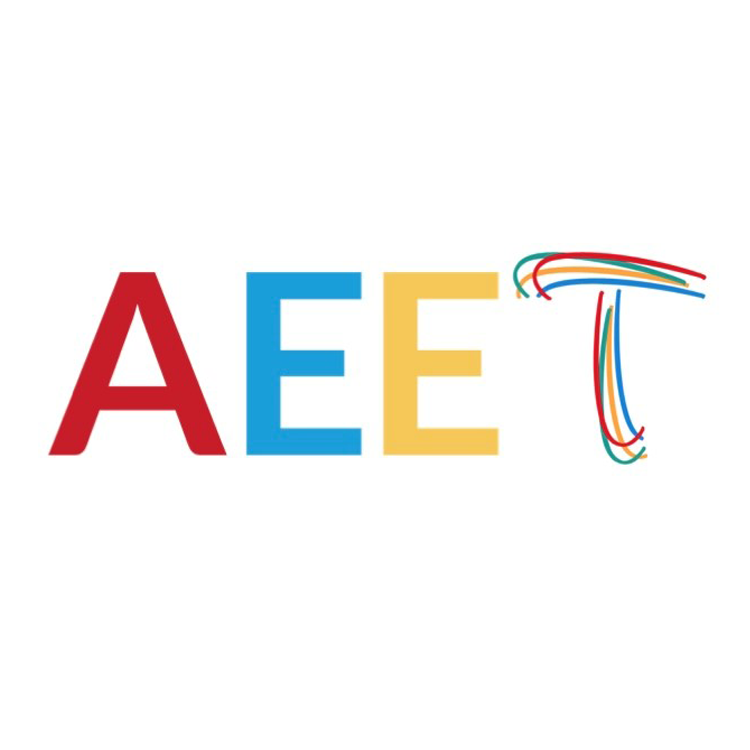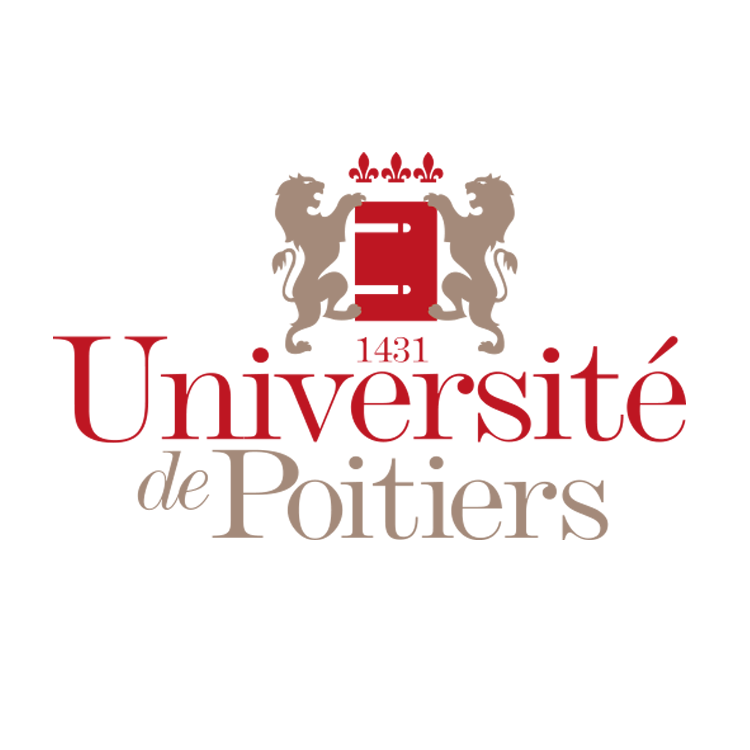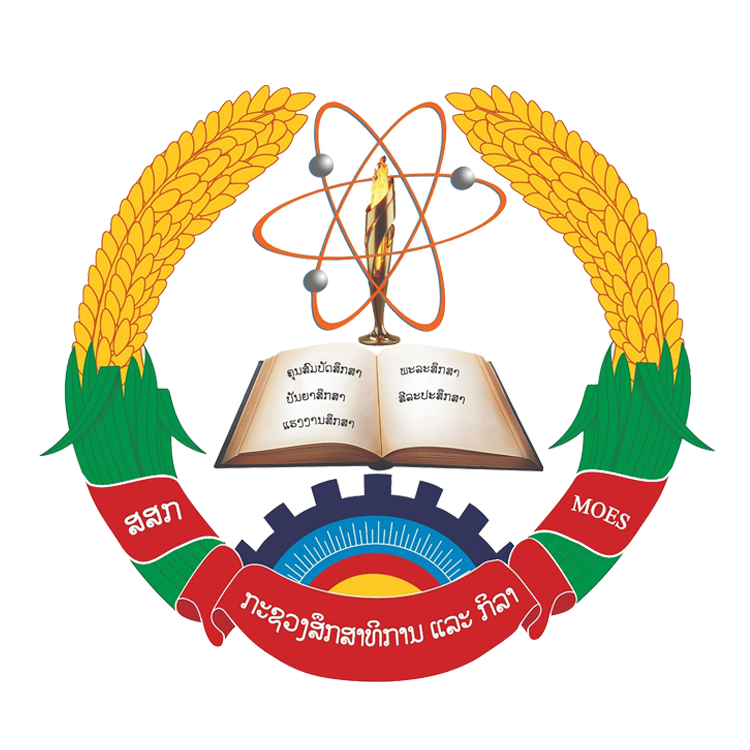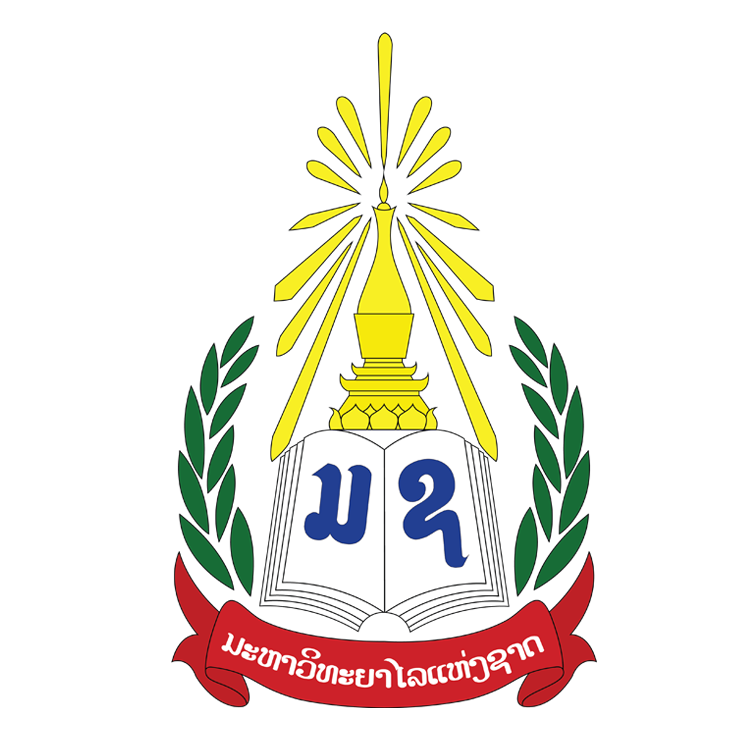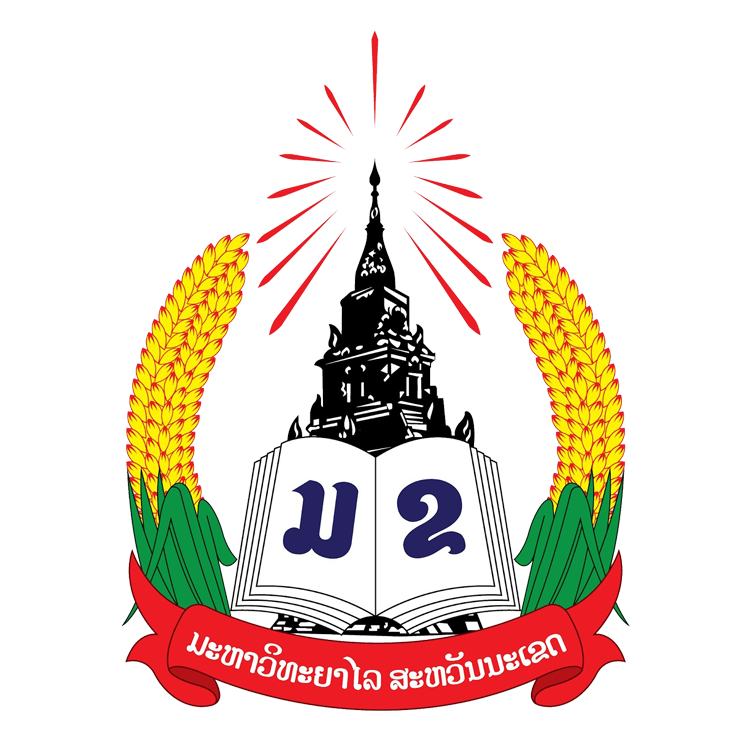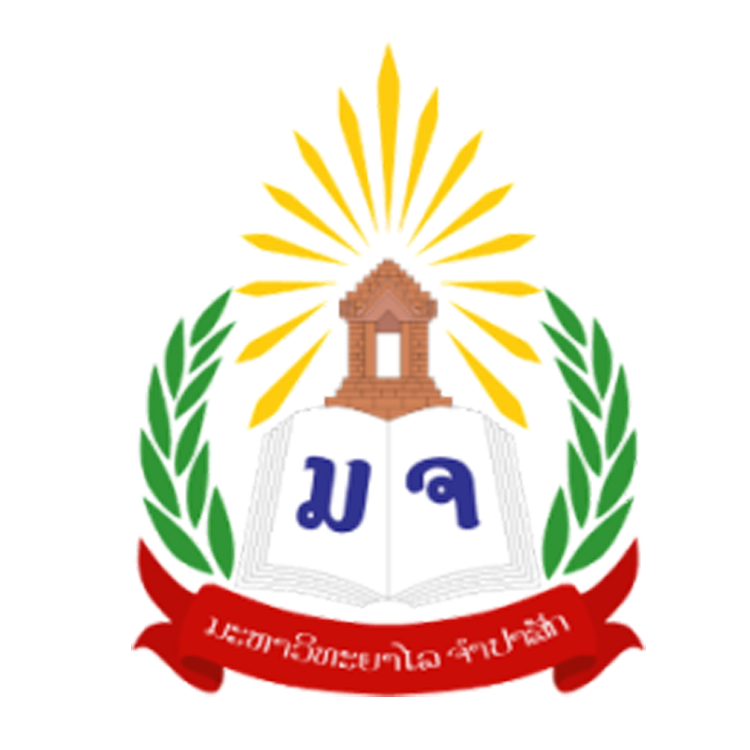About
REAL 3 Lines of Work
REAL rigorous programme of reform-fostering activities is organised around three interconnected lines of work:
Line 1: Ensuring Relevance of Higher Education Studies
REAL Line 1 activities aim to involve the different stakeholders in jointly improving the relevance & ensuring the added value of HE studies in Laos by:
1) launching a structured dialogue on the most relevant elements of graduate profiles – with academics, employers, graduates & students consulted to learn what elements graduate profiles should include to meet the socio-economic needs of the country, taking as a starting point a diverse range of degree programmes (8 distinct degree programmes);
2) focusing, as the next step, on improving communication between the labour market, the society at large & the Higher Education sector, so as to make the relevance and the ‘added value’ of HE studies clear to employers & representatives of the wider Lao society;
3) organizing 4 rounds of activities so as to test different strategies for involving key stakeholders in jointly improving the relevance & ensuring the added value of HE studies in Laos, identify the most effective strategies for strengthening Higher Education-Industry-Society relations and share these at national level.
Line 2: Ensuring Feasibility of Higher Education Programmes
REAL Line 2 activities aim to foster the implementation of two key mechanisms needed to ensure the viability of HE programmes and support sustainable structural improvement and innovation at the level of the Lao HE system:
(i) use of learning outcomes (LOs) to verify that the desired graduate profiles (expressed in programme LOs) can actually be achieved by the students through the existing programme units (& their LOs); &
(ii) making visible the full student workload required to achieve LOs at course & programme levels, as a second internal quality assurance mechanisms for making sure that the goals set (LOs) are feasible & can be achieved in the time given to students to complete the programme units & the entire programmes.
Line 3: Ensuring Effectiveness of Teaching
REAL Line 3 activities aim to ensure the effectiveness of teaching necessary to implement and monitor reform processes. REAL Line 3 activities foster capacity development at the level of individuals, programme teams & universities:
- Individual academics participate in six cycles of Line 3 training sessions: they initiate dialogue with students on what makes teaching effective, learn about research findings & good practices, introduce innovations in their own teaching, reflect on these “experiments” & set new professional development goals to become active agents of Internal Quality Assurance (IQA) & HE teachers ready to implement OBE.
- REAL Programme Teams (RPTs) design & run training sessions for academics on the 6 key topics (6 times throughout the project) – this learning-by-teaching ensures that RPR members develop their own capacities & are able to help others to develop their capacities as well
- At university level, REAL Institutional Units (RIUs)
- create a collection of training materials for teachers to apply the OBE & IQA &
- agree on the set of learning outcomes for university teacher continuous professional development)
In order to provide universities with resources that can help them monitor teaching effectiveness & reform processes more generally.
The 6 topics focused on are:
- How to engage students in learning & help them deal with failure?
- How to incorporate principles of active learning in course design & delivery?
- How to assess what is most relevant?
- How to help students embrace OBE?
- How to help students acquire effective learning strategies and become lifelong learners?
- What competences does a HE teacher need to implement OBE?
Key Deliverables & Outcomes
- “Graduate profiles that respond to the needs of society” document presents the finding of the consultation with different stakeholders about key elements that will make graduate profiles relevant
- “Measures to attract students to higher education studies” ready-to-use materials that will support Higher Education units responsible for student recruitment in the task of making the attractiveness of Lao HE clear to future students and their families, on the one hand, and help HEIs and graduates articulate the added value of HE when interacting with employers
- “Strategies for engaging different stakeholders in jointly improving the relevance and ensuring the added value of HE studies in Laos” document will bring together the lessons learned about how Lao HEIs can engage different stakeholder in jointly ensuring the relevance of HE in Laos so as to attract more learners and make them ready for (self-)employment
- “Guidelines for engaging different stakeholders in jointly improving the relevance and ensuring the added value of HE studies in Laos” – indications for how the best practices identified in the framework of the project can be reflected in and reported as part of the Internal Quality Assurance (IQA) and Outcomes-Based Education (OBE) implementation reports
- “Curriculum mappings based on Learning Outcomes (LOs)” document will share examples of course learning outcomes mapped against programme learning outcomes, with comments about programme feasibility and recommendations for next steps towards implementing OBE and introducing solid mechanisms of IQA linked to the use of LOs as a key tool in Planning for Learning
- Instructional materials for academics on Learning Outcomes as a key tool for implementing Outcomes-Based Education and Internal Quality Assurance
- “Strategies and procedures for estimating student workload to support credit transfer” training materials for academics and other HE professionals in Laos on what student workload is, why it is important to estimate and monitor it and how this can be done
- “Guidelines for planning for credit transfer” – guidelines to support Lao HEIs and HE programmes in their work on introducing LOs at programme and course levels and installing the culture of measuring student workload with the view of enabling credit transfer at Lao HEIs (at national and international level)
- Training materials for academics to implement Outcomes-Based Education (OBE) and Internal Quality Assurance (IQA) – resources that can be used to conduct trainings in order to prepare academics for successful implementation of OBE & IQA
- “Set of Learning Outcomes for Continuous Professional Development (CPD) to become a HE teacher ready to implement Outcomes-Based Education (OBE)” document to support self-assessment of university teachers, guide CPD activities and inform Lao HE authorities responsible for recognition of effective teaching, as well as those in charge of IQA within programmes and HEIs
- “Policy measures to guide CPD necessary for Outcomes-Based Education (OBE) and for Internal Quality Assurance for OBE” policy note that will stipulate incorporation of CPD activities at programme and institutional level
What is there in the REAL Project for you?
REAL Erasmus+ project: 101177156
